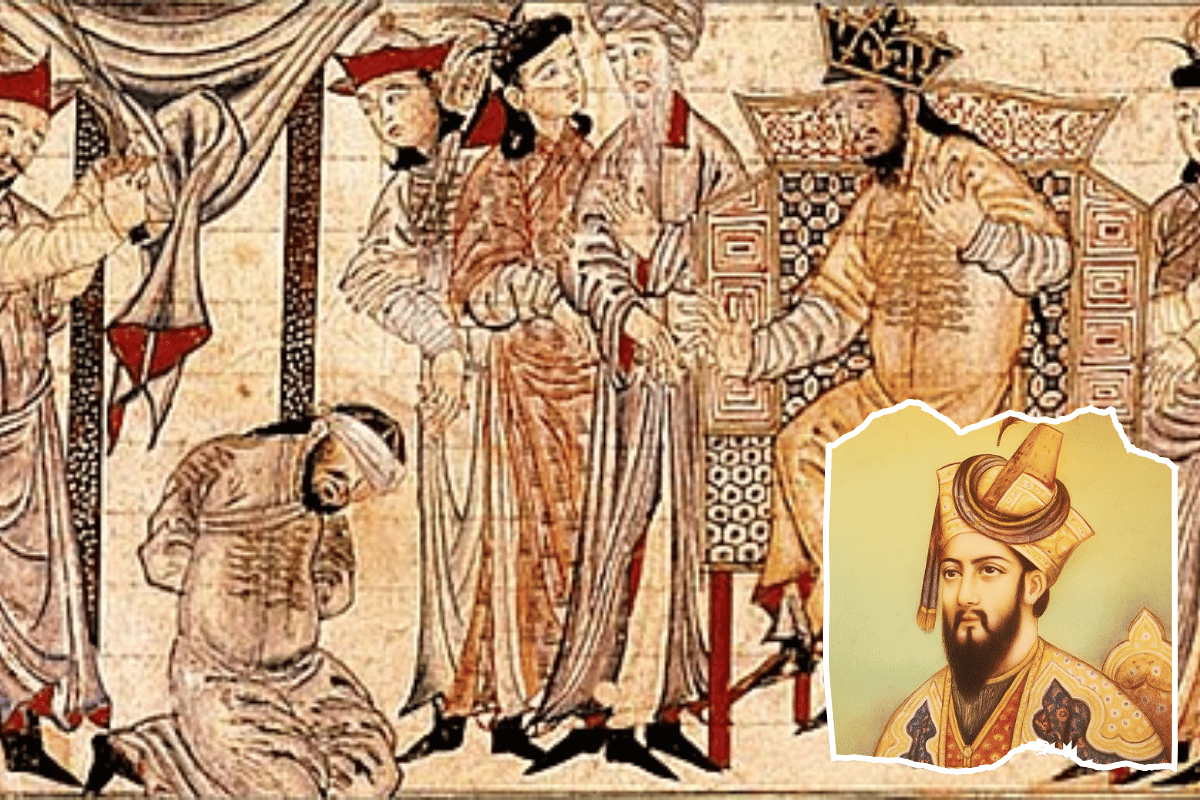
On September 1, 2024, the community of Leicester was rocked by the brutal racist attack and subsequent death of 80-year-old Bhim Kohli.

Kohli, a senior citizen, was walking his dog, Rocky, in Franklin Park, Braunstone Town, when he was violently assaulted by a 15-year-old boy and a 13-year-old girl. The horrific incident, in which the girl filmed the attack while encouraging the boy’s actions, left Kohli with serious injuries, including a broken neck and fractured ribs. These injuries proved fatal, and Kohli succumbed to his wounds the following day in the hospital.
The case has drawn significant attention, not only because of the tragic nature of the crime but also due to the underlying issues of youth violence and racial abuse that have become apparent. The teenagers responsible for the attack were charged with manslaughter, with the 15-year-old initially facing a charge of murder, although he was later acquitted of that charge. During the trial, the court uncovered a pattern of antisocial behaviour and neglect among local youths, which contributed to a sense of insecurity within the community.
For Kohli’s family, the loss of their loved one was both heartbreaking and traumatic, with relatives describing the assault as particularly cruel and degrading. The broader implications of the crime extend beyond this individual incident, raising important questions about the safety of communities and the role of social media in exacerbating such violent acts. As these discussions unfold, the sentencing of the two teenagers, scheduled for May 19, 2025, is expected to prompt further debate on how systemic issues—such as neglect, racial hostility, and a growing culture of violence—are manifesting within society, particularly among the younger generation.
This case serves as a painful reminder of the racialised violence that can often be hidden behind the veil of youth-related crimes and highlights the need for a more nuanced approach to understanding and addressing hate crimes. It also underscores the urgent need for community engagement, intervention, and education to prevent similar tragedies from occurring in the future.









